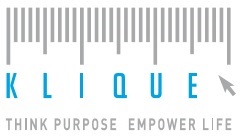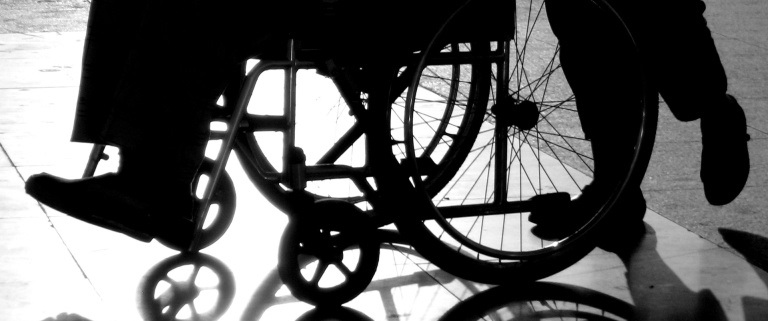In Singapore, the term “inclusion” gets thrown around a lot when we talk about how people with disabilities should be treated in our society. You can see this term almost everywhere, from ministerial speeches, campaign slogans to companies motto. But what does “inclusion” really mean?
Most would paint a general idea of inclusion and say something along the lines of “including people with disabilities equally and fairly in society”. But this begs the question. We all have divergent, even contesting, views on what constitute “fairness” and “equality”.
Not too long ago, I attended a focus group session for persons with disabilities to share their views and experiences on social inclusion. Our facilitator asked us to define what inclusion means in employment. We gave generic replies such as fair hiring practices and equal opportunities for career progression. “Equal pay, equal work,” I answered at one point. I wanted to drive home the point that a person with disability should be treated equitably as their colleagues in compensation, professional development and accountability.
The facilitator then brought up a hypothetical case study to provoke further discussion on this notion of “equal pay, equal work.” He asked: If an employee with a disability who comes from a lower income household is unable to meet his KPI (Key Performance Indicator), how should his employer remunerate him? Should the employer offer him a salary based on his productivity level, or the same salary given to his colleagues who are doing the same line of work but with higher productivity levels?
Much to my surprise, the other respondents supported the latter practice. They even quipped that the company could hire the man to be a “poster boy” for their Corporate Social Responsibility events.
I couldn’t help but raise an eyebrow at their response. Didn’t they know that such employment practices only reinforced the negative stereotypes of persons with disabilities as objects of charity? How could it be an acceptable practice of inclusion?
But I wasn’t there to judge. We live a free country; everyone is entitled to his or her opinion. And mine was starkly different. “I still stand by what I said previously. Equal pay, equal work. The man should be paid according to his productivity level.”
To gain respect from a society that prides itself on being a meritocracy, it is important that persons with disabilities are treated as equals, not beneficiaries of a company’s generosity. Anything more would be an insult to his dignity, an act of tokenism which we all know to be a sad excuse for inaction, and a counterproductive measure that reinforces the charity model of disability. If a man’s salary is insufficient in supporting his livelihood, he should seek financial help from the Ministry of Social and Family Development. It is the Government’s responsibility to look after the welfare of their citizens, after all.
I’m not sure how others took to my reply, but I know it was definitely not met with overwhelming support. This is understandable. Our background and circumstances, combined with our physiological makeups, influence our perception and thought processes. What may seem like an acceptable practice to me may be unacceptable to others.
The question then is how can policymakers translate these multiple and competing views into a coherent set of inclusion policies, particularly one that seeks to protect, promote and support the rights of all persons with disabilities?
For a start, the disability community need to come together to reach a common understanding on what counts as “inclusion” in Singapore. For example, in the provision of education for students with disabilities, should special schools continue to exist? If an employee is unable to fulfill his job responsibilities due to limitations arising from his disability, should the company pay him the same salary as offered to his co-workers? These are just some of the tough and debatable questions that need to be addressed. I’m not going to sugar-coat. It’s going to be a complicated, hair-pulling exercise, but it is something I think we all desperately need.
Credit to: Disabled People’s Association Singapore
Facebook: @disabledpeoplesassociation
Twitter: @dpasg
Instagram: @dpasg
LinkedIn: @dpasg

